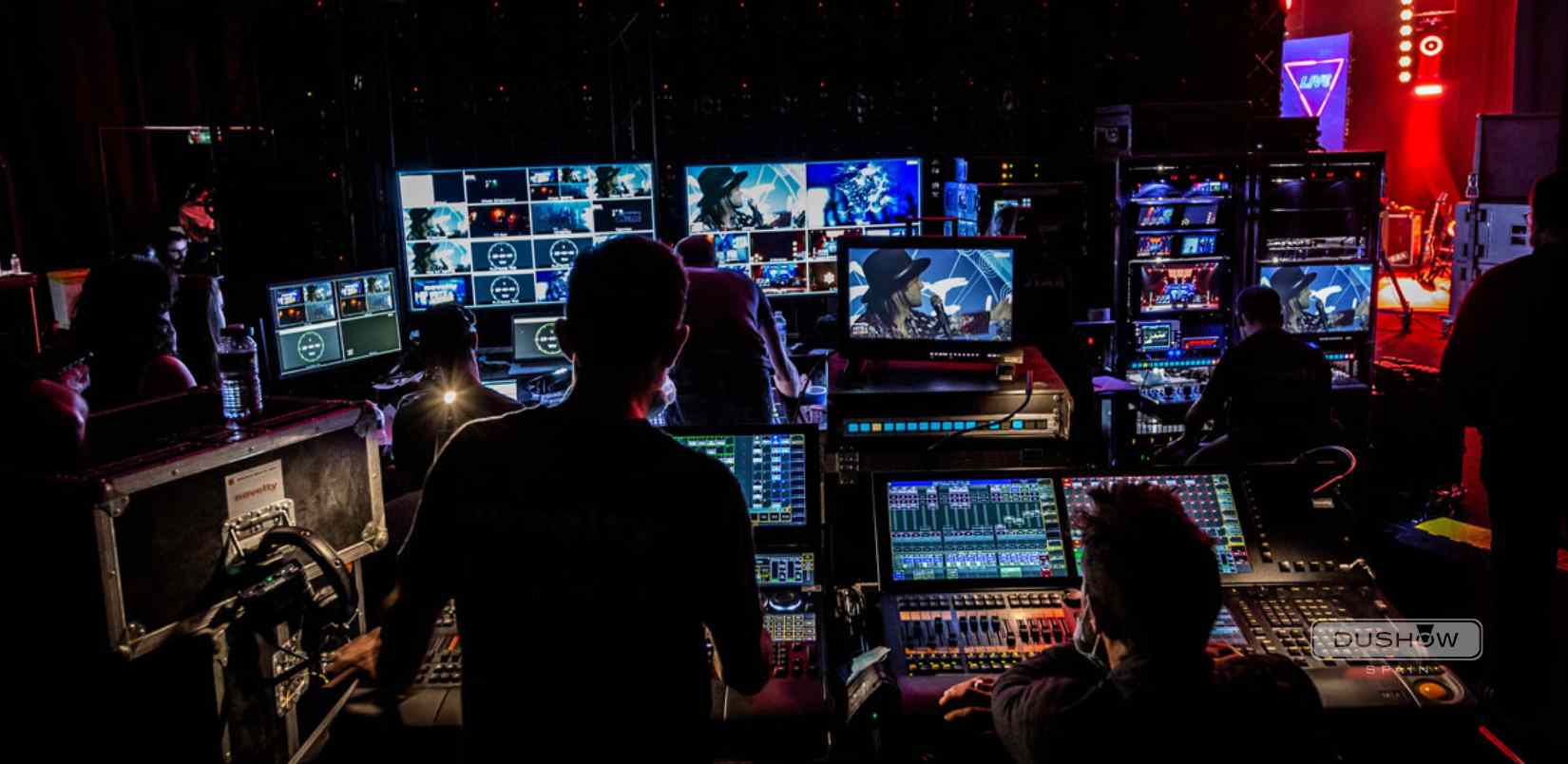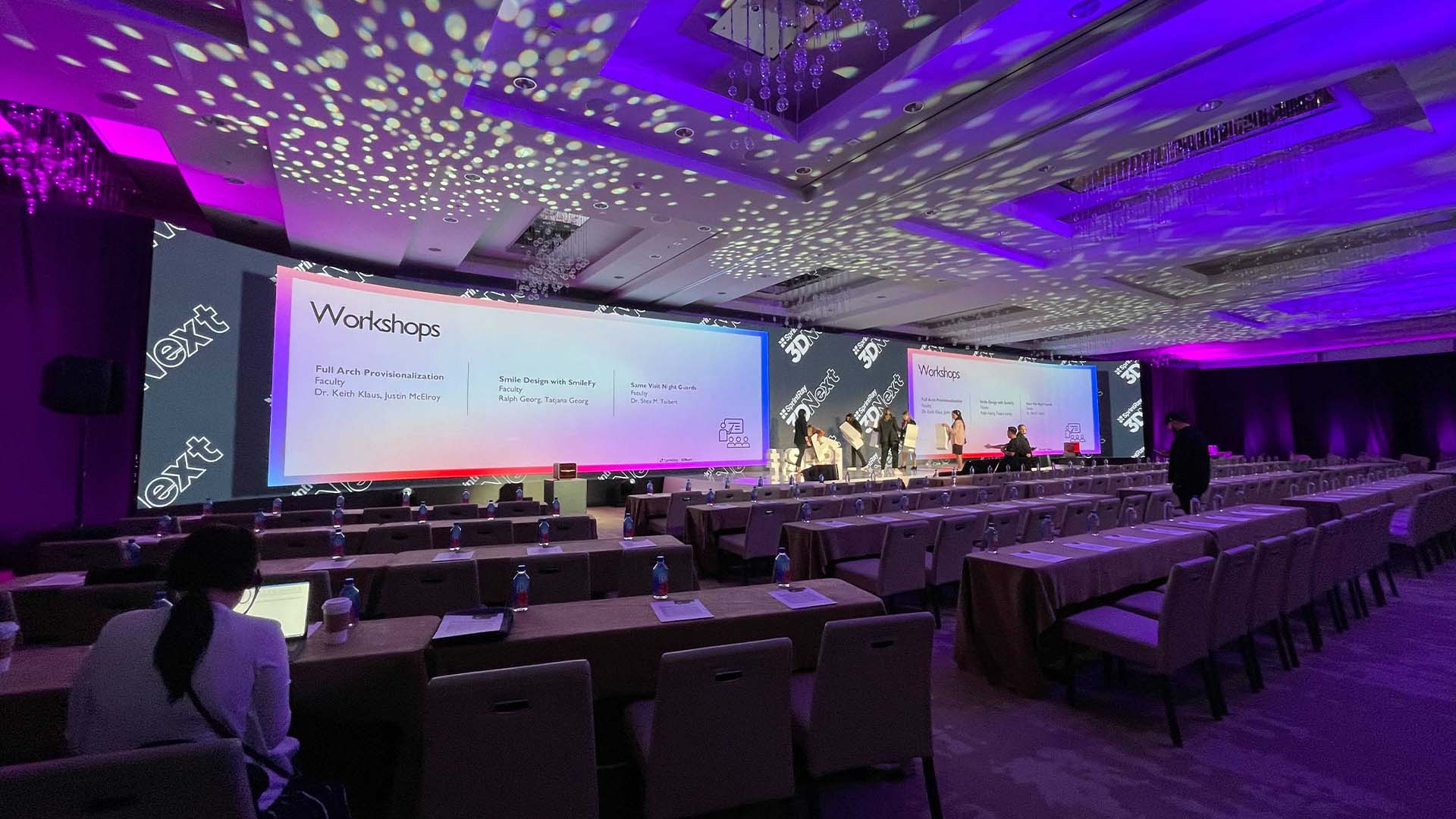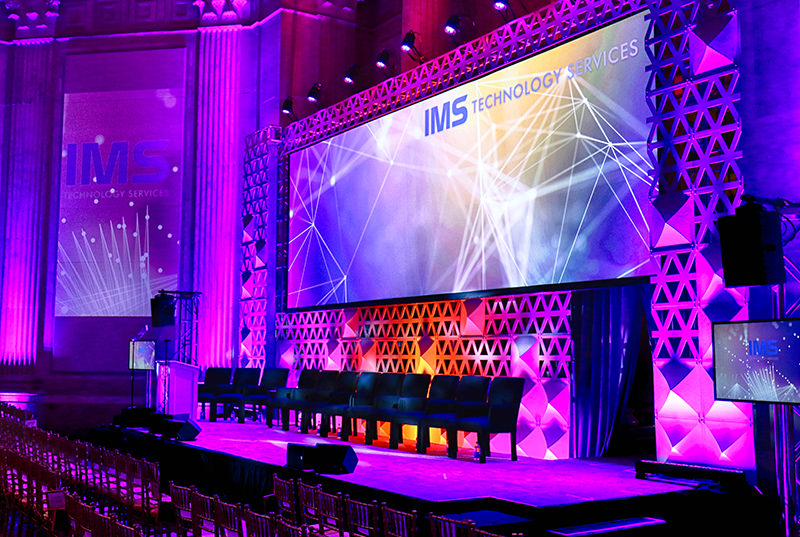Discover How Our Event Production Company Boosts Your Unique Celebrations
The Value of Effective Planning in the Process of Occasion Production
Reliable preparation offers as the cornerstone of successful event production, establishing a structured framework that fosters achievement. The intricacies of each planning phase reveal complexities that often test even the most skilled experts, increasing the concern: what are the vital aspects that can make or break the planning process?
Understanding Event Preparation Essentials

This foundational knowledge informs all subsequent planning choices. A well-structured timeline is essential, making certain that every job is finished in a timely manner.
Sychronisation among stakeholders-- consisting of vendors, enrollers, and team participants-- is one more crucial facet of event preparation. By understanding these occasion planning essentials, organizers can browse the complexities of the procedure, ultimately leading to a unforgettable and effective event experience.
Establishing Clear Objectives

To develop efficient goals, organizers ought to utilize the SMART criteria-- Specific, Quantifiable, Possible, Pertinent, and Time-bound. Certain goals eliminate ambiguity, while quantifiable standards permit for tracking development and assessing success. Achievable objectives make certain that the goals are reasonable and achievable within the provided restrictions, while relevant purposes line up with the broader goal of the organization. Time-bound objectives develop a sense of urgency and aid prioritize jobs.
In addition, plainly articulated objectives help with interaction and liability throughout the preparation phases, ultimately leading to a more successful event. By prioritizing the establishment of clear goals, event coordinators lay a solid structure for reliable implementation and analysis of their initiatives.
Budgeting and Source Allocation
Effective budgeting and resource allocation are crucial elements of successful event planning, as they directly influence the feasibility and quality of the occasion. A well-structured spending plan functions as a roadmap, leading decision-making and making certain that sources are made use of successfully. It is necessary to recognize all possible expenses in advance, including venue rental, catering, staffing, advertising, and entertainment, to develop a comprehensive economic plan.

Furthermore, preserving versatility within the budget plan is vital. Unpredicted expenditures might emerge, requiring modifications to guarantee that the event remains financially practical. Regular monitoring and evaluation of expenses versus the budget plan will certainly assist identify discrepancies early, permitting prompt rehabilitative activities. Eventually, effective budgeting and resource appropriation lay the structure for a successful event, enabling organizers to satisfy their goals while taking full advantage of roi.
Timeline Advancement and Management
Producing a comprehensive timeline is crucial for maintaining event production on track and making sure that all jobs are finished in a prompt way. A well-structured timeline functions as a roadmap, directing the occasion team via each phase of the manufacturing procedure. It marks crucial turning points, deadlines, and reliances, allowing for the efficient allotment of find out here now personnel and sources.
To develop an efficient timeline, begin by determining all vital components of the occasion, consisting of planning, logistical plans, supplier control, and marketing initiatives. Damage down each component into workable jobs, assigning accountable celebrations and details deadlines. This granular method visit the website assists in liability and helps to identify prospective traffic jams early in the procedure.
Regularly upgrading the timeline and examining is critical. As the occasion day approaches, unexpected difficulties may develop, requiring changes to the strategy. By keeping adaptability and cultivating open interaction amongst staff member, you can make certain that every person is straightened and mindful of any kind of adjustments.
Inevitably, reliable timeline monitoring not just improves efficiency but also adds to a seamless occasion experience, permitting all stakeholders to concentrate on providing a successful outcome. Event Production Company.
Risk Analysis and Backup Planning
As the timeline for event production unravels, attending to prospective risks becomes significantly vital. Danger evaluation involves recognizing, examining, and prioritizing potential threats that can interrupt the event. This aggressive technique enables occasion coordinators to anticipate challenges-- varying from unfavorable climate condition to technical failings-- and create techniques to minimize their effect.
Backup planning is the cornerstone of reliable danger management (Event Production Company). It requires establishing different methods and action strategies more info here to be executed need to determined threats emerge. For example, having backup places, alternate distributors, or emergency interaction protocols in area can considerably lower the turmoil frequently connected with unexpected concerns.
Additionally, it is vital to involve all stakeholders during the danger analysis stage. Engaging team members, suppliers, and place supervisors fosters a comprehensive understanding of prospective vulnerabilities, making certain that backup plans are well-communicated and robust. On a regular basis assessing and updating these plans throughout the event planning process is important to adapt to any type of modifications in conditions.
Verdict
In recap, reliable preparation acts as the foundation for successful event manufacturing. By developing clear purposes, handling budget plans, and establishing comprehensive timelines, planners can maximize source allowance and improve coordination among stakeholders. In addition, detailed threat evaluation and the formulation of backup strategies guarantee preparedness for unpredicted obstacles. Eventually, a systematic strategy to occasion planning not just boosts the possibility of a seamless implementation but additionally adds to a memorable experience for all individuals included.
By comprehending these event planning essentials, organizers can browse the complexities of the procedure, ultimately leading to a unforgettable and successful event experience.
Effective event planning pivots on the ability to establish clear purposes that direct the whole process. Furthermore, plainly articulated purposes facilitate communication and liability throughout the planning stages, inevitably leading to a more successful occasion.Reliable budgeting and resource allotment are essential components of effective occasion preparation, as they directly influence the expediency and top quality of the event.To develop an efficient timeline, start by recognizing all key elements of the event, consisting of planning, logistical arrangements, vendor sychronisation, and advertising and marketing initiatives.